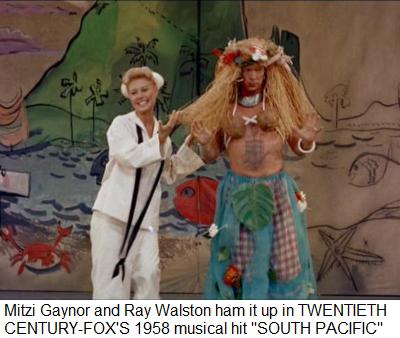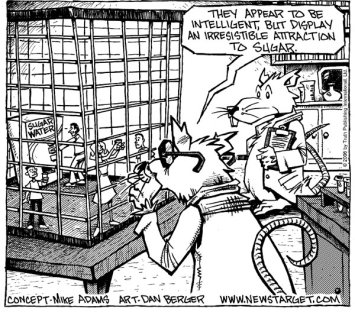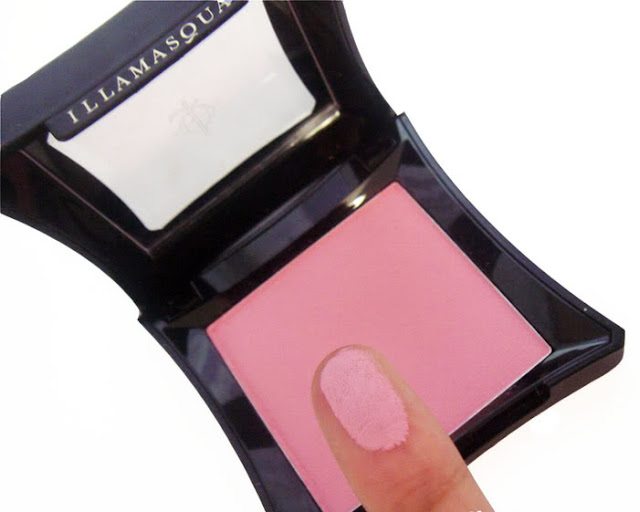For millennia, it has been known that men get the better end of the baby-making equation (besides for the obvious: childbirth). Take the first aging couple with a fertility problem: Avraham and Sarah. When he takes Hagar as a concubine, she promptly bears a son. However, a divine miracle was needed to rejuvenate Sarah's womb.
This seeming inequity has continued down the generations, until today, when bachelors of 50 are seeking females twenty years their junior to fulfill their dreams of daddyhood.
While the results are not overwhelming, there is some research to suggest that aging men may pass on mutations to their offspring. It was enough to have women gleefully pounce on this news as another equalizer between the sexes.
But if men start worrying about their biological clocks even 10 percent as much as women do, commenters seemed to suggest, that would signal a notable social shift — one that’s in line with a broader gender shift we’re seeing. Far more men are feeling anxious about worries (work-life balance, pressure to look attractive, even whether they’re good cooks) that used to weigh more heavily on women. We used to think the gender revolution meant that women would become more like men. Has it turned out the real shift is that men are becoming more like women?
Well, yeah, kinda. Men and women used to live completely separate lives, with strictly defined roles, in nearly all aspects of class and status. As women encroached more and more on the male sphere, adopting more male aspects, men were influenced in turn. It would seem our culture is becoming rather androgynous in gender.
Seriously, what is a major difference between male and female abilities nowadays except for a right to wear lipstick?
I've become quite fond of the sitcom Up All Night. It portrays a relatable couple (instead of a goofy husband with a wife too good for him, like more classic TV fare) who unintentionally have a child. The husband decides to leave his shtotzy attorney gig to raise the baby while his wife sticks with her job. He is competent, able to change a diaper without hijinks, and is fond of the "Mommy & Me" group, whereas his wife is a Type A control freak who is great at her calling.


They are more alike than not, with less distinctive gender roles. Their lines are practically interchangeable.
The family guru always said that as the time of Moshiach nears, the original "curses" would have less of a hold. Consider: It was those curses that embedded within humankind the concept of gender roles to begin with, as men had to sweat for their food and women were defined by their child-rearing.
So I guess progress is Steven Tyler.
So I guess progress is Steven Tyler.















